
Roger Waters performs "The Wall" Live At The Air Canada Center on Sept. 15, 2010.
GEORGE PIMENTEL/GETTY IMAGESWaters’s previous resurrections of the paranoid double-album song cycle from 1979 that marked the classic, stadium-era Floyd lineup’s last moment of real greatness and that had effectively blown the group apart by the time The Final Cut rolled around felt a bit like gratuitous, compensatory grandstanding in the wake of some iffy solo efforts – The Pros and Cons of Hitchhiking, anyone? – and his old bandmates’ slide into the comfortable sterility that would yield A Momentary Lapse of Reason and The Division Bell. “You might have the name Pink Floyd,” they seemed to say, “but I’m still the man in charge of the music that made the people care.”
These days, catching Waters alone doing Pink Floyd songs is only one-quarter more “authentic” the experience than one would get if fellow surviving members David Gilmour and Nick Mason bothered to go out on tour again under the Floyd banner. And yet the notoriously self-important Waters himself seems ready to concede that the music he made with Pink Floyd is bigger than him, bigger than petty matters of ego and ownership and worthy of celebration in its own right.
Sure, it’s a cash-in. Watching the expensive, state-of-the-art 2010 production of The Wall that Waters brought to the Air Canada Centre on Wednesday night – the first of three hot-ticket gigs at the 20,000-capacity venue – it was hard not to smirk whenever the word “capitalism” or animated dollar signs raining from the sky made au courant appearances amidst the war-scarred fascist iconography of the original work. Capitalism and capitalism alone is the only reason that a rock ‘n’ roll stage show ambitious enough to completely wall itself off, faux-brick by faux-brick, by the intermission can even exist during one of the shakiest years for the live-music industry in recent memory.
That’s the enduring power of The Wall, though, and The Wall was what the doting ACC throng was there to see on Wednesday night. I say “see” rather than “hear” because it was a high-end presentation built on arresting digital animation, ceiling-high marionettes and a requisite, giant, inflatable wild boar emblazoned with the phrase “EVERYTHING WILL BE OKAY” unleashed to cheers over the arena bowl after “The Show Must Go On” that made this a memorable night out. The music, professionally recreated by Waters and something like a dozen anonymous side players, was actually kind of drab and heartless, not much different from what you’d hear at one of those Classic Albums Live nights at the Phoenix were it not for the production values that permitted, say, a British fighter jet to crash into the titular wall at stage left at the end of “In the Flesh?” or an enormous, grotesque caricature of Waters’s smothering mother to glower at the crowd during “Mother.”
“Mother” was a little wobbly, actually, marred by a mix that left Waters’s vocals completely inaudible for the first verse. Likewise, the band’s attempts to spread out and jam on “Empty Spaces” and “Run Like Hell” sounded more like something you’d hear Paul Schaffer walking the Late Show band through after a commercial break than Pink Floyd at the top of its powers. And the dude Waters has brought in to do Gilmour’s parts on “Hey You,” “Comfortably Numb” and the like is simply not up to snuff and was audibly flat for at least half of his vocal turns on Wednesday.
Again, however, credit to Waters. The night’s most rapturous audience moment – aside from the genuine cheers of anti-war sentiment that erupted during “Vera” when the phrase “BRING THE BOYS BACK HOME” flared up across the backdrop – might have been when the star of the show simply stood alone on a bare stage in front of the aforementioned wall and graciously raised his arms while the audience took Gilmour’s verses to “Comfortably Numb.” The Gilmour stand-in and another Gilmour stand-in on guitar got spotlights at the top of the all, but the song and the love everybody in attendance obviously felt for it were in charge. Good on Roger Waters for recognizing that, and good on Roger Waters for recognizing – and humbly deferring to – what a massive contribution to the rock canon he made in The Wall. (Sursa)




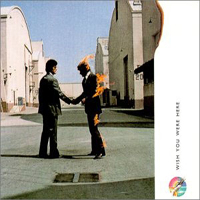
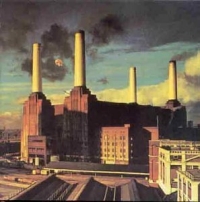
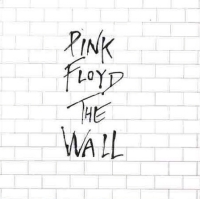
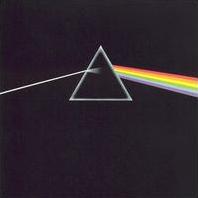
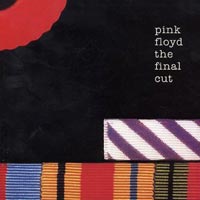
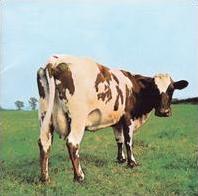
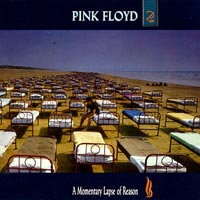
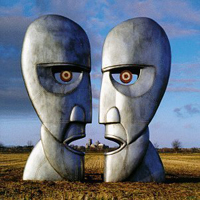
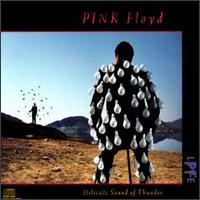




Niciun comentariu:
Trimiteți un comentariu